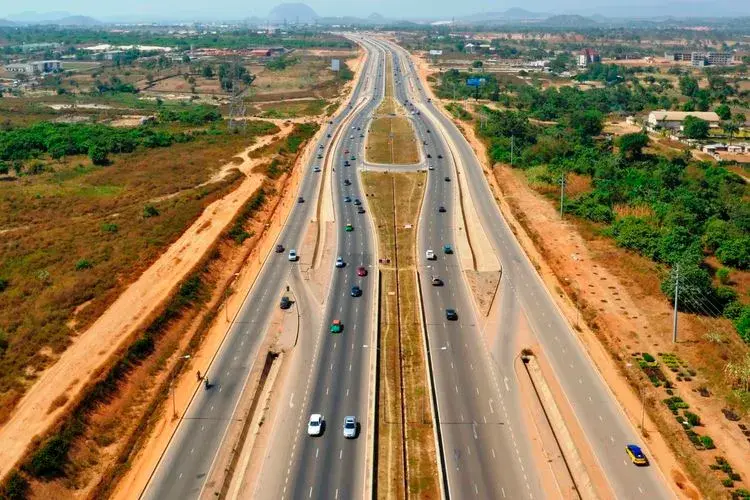Nigeria’s proposed Lagos-Calabar coastal road holds immense promise but also raises critical questions about sustainability, economic viability, and environmental impact. The ambitious project seeks to connect two major Nigerian cities, Lagos and Calabar, through a highway that stretches along the country’s southern coastline. While proponents hail it as a potential game-changer for regional connectivity and economic growth, cautious scrutiny is necessary to ensure that its benefits outweigh its potential drawbacks.
At its core, the Lagos-Calabar coastal road represents an opportunity to enhance transportation infrastructure, facilitating easier movement of goods and people between the two cities and the regions they anchor. Improved connectivity has the potential to stimulate economic activity, spur investment, and create employment opportunities along the corridor. Furthermore, by reducing travel times and costs, the road could foster greater social integration and cultural exchange between communities along the coast.
However, such a monumental undertaking must be approached with careful deliberation. One of the foremost concerns is the environmental impact of constructing a highway along the sensitive coastal ecosystems. Nigeria’s coastline is not only rich in biodiversity but also serves as a vital buffer against coastal erosion and storm surges. Any development along this fragile coastline must be accompanied by rigorous environmental assessments and measures to mitigate potential harm to ecosystems, including mangroves, wetlands, and marine habitats.
Moreover, the economic feasibility of the project warrants thorough analysis. While the road has the potential to boost trade and tourism, its construction and maintenance costs are likely to be substantial. Questions arise regarding the source of funding, the long-term sustainability of financing, and the equitable distribution of benefits among communities along the corridor. Transparency in procurement processes and accountability in project management are essential to guard against corruption and ensure that public funds are used efficiently and effectively.
Additionally, the social implications of the Lagos-Calabar coastal road cannot be overlooked. The project has the potential to displace communities, disrupt livelihoods, and exacerbate social inequalities if not implemented with careful consideration for the needs and rights of local residents. Adequate consultation with affected communities, along with provisions for resettlement and compensation where necessary, is imperative to mitigate social tensions and foster inclusive development.
Ultimately, the success of the Lagos-Calabar coastal road hinges on a balanced approach that prioritises sustainable development, environmental stewardship, and social equity. While the project holds the promise of transformative change, it must be guided by principles of responsible governance, environmental protection, and social justice. Nigeria stands at a crossroads, and the decisions made regarding this ambitious infrastructure project will reverberate for generations to come. It is incumbent upon policymakers, civil society, and citizens alike to ensure that the road to progress is paved with wisdom, foresight, and a steadfast commitment to the common good.





